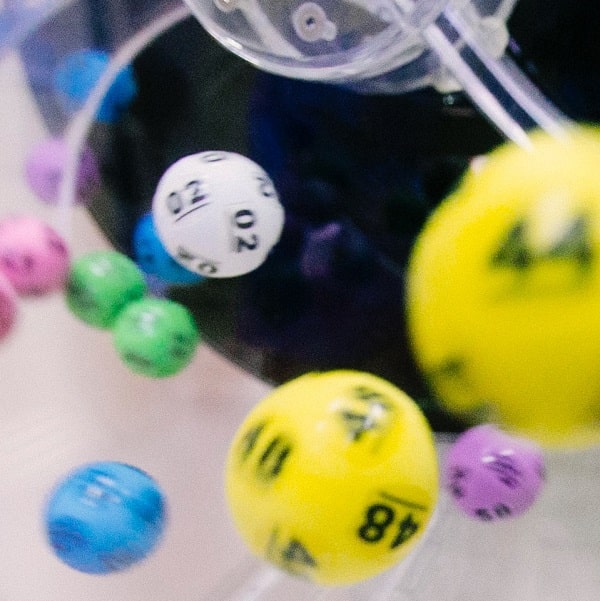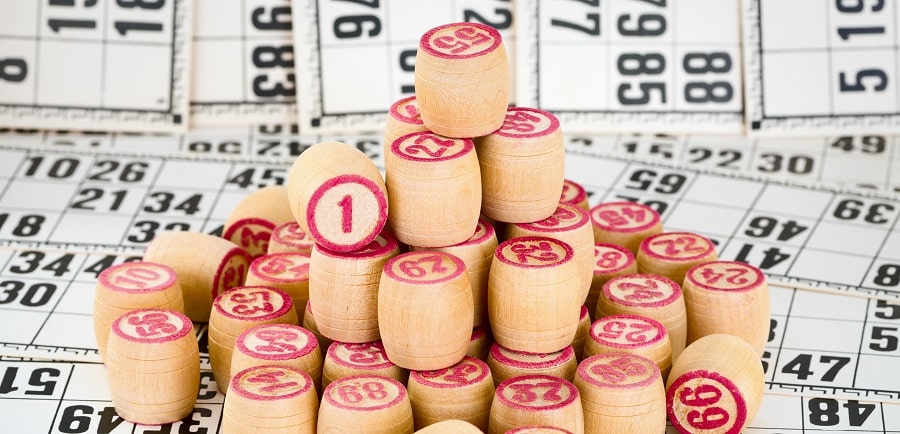What does the science say about the possibility of winning the lottery?

Lotteries are very popular all over the world and everyone who is in the pursuit of their luck is buying lottery tickets in the hope of picking up a big windfall. But in reality, how high are the chances of winning?
How and where do I buy a lottery ticket?
Currently, buying a ticket is not difficult. You can do so either online or in a shop. Tickets are on sale until a certain date, after which they will no longer be available to participants. All tickets purchased at the time of the deadline are entered into the database, and no changes can be made after that. Before the start of the live broadcast, the entire inventory is carefully checked to prevent any possibility of fraud.
But the point is that almost anyone can become such an expert. The job of an expert is simply to check the lotto and the barrels. If there is damage, the entire set is replaced with an analogue, which is also inspected. At the time of the lottery itself it is virtually impossible to determine the chances of winning and to influence anything. You have to be a real professional to be able to get the right kegs out without anyone noticing. As for the lottery machine, it’s pretty simple, too: a compressor pumps air into the chamber and makes the balls move chaotically. This, too, can’t be influenced.

Can we win?
As you can see, everything is transparent and fair and there is a chance of winning. However, if you try to find out whether anyone personally knows someone who has won the lottery, it is highly unlikely. I don’t think anyone does. That said, there are more than 600 million lottery tickets in the whole country. But why are there so few winners? There’s a mathematical explanation. Even with the State Lotto the odds of winning 5 out of 36 are at least 1 in 400,000, meaning you have to buy almost 2,500 tickets at a total cost of 200,000 roubles. And in the end, the total winnings may not even cover all the costs. And given that the tax is 35%, the benefit is virtually non-existent.
